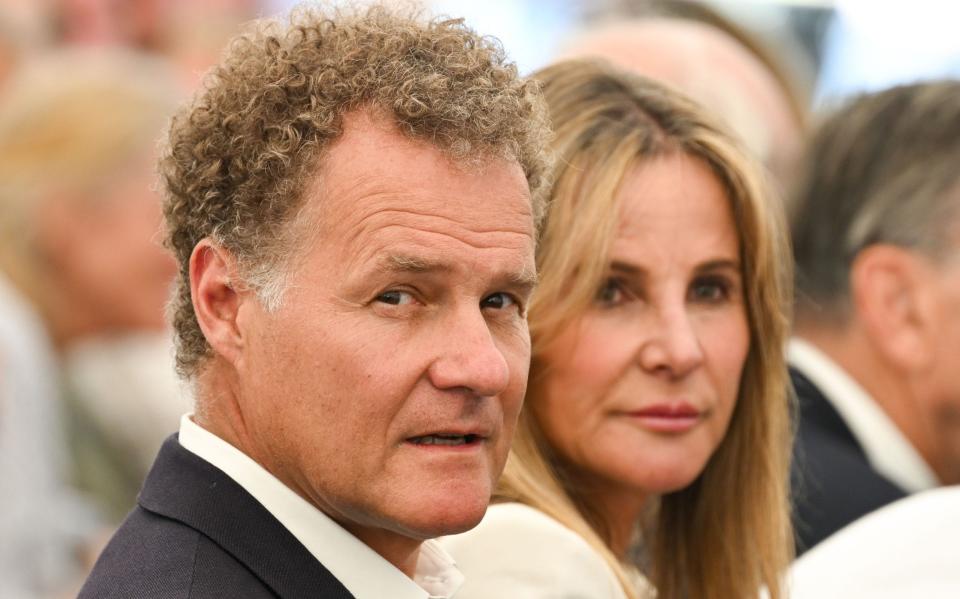Lord Rothermere takes day-to-day control of Daily Mail publisher as boss quits

Lord Rothermere is to take day-to-day control over the publisher of the Daily Mail after taking the family business private earlier this year and expanding its portfolio of titles.
The peer will take charge following the departure of Daily Mail and General Trust (DMGT) chief executive Paul Zwillenberg at the end of September, who is stepping down after more than six years in the role.
His departure follows a deal earlier this year struck by Lord Rothermere to take the company private, ending its 90 years on the London Stock Exchange. The deal came after City institutions soured on consumer publishing, DMGT's core and the peer’s family business since 1896.
Instead of backing away from the sector, Lord Rothermere has bought up titles including the i newspaper and the New Scientist magazine, which have been combined in a new subsidiary called Harmsworth Media. Analysts expect the trend to continue as sales of print newspapers and magazines continue to decline, requiring owners of printing presses such as DMGT to own more titles to maintain efficiency.
As DMGT built up its consumer publishing business Mr Zwillenberg led a series of sales of less high-profile but valuable business information assets.
The group offloaded businesses including financial information provider Euromoney and insurance company RMS, as well as its stake in the property website Zoopla. DMGT’s ventures division also invested in online car dealership Cazoo – a deal that handed a large payday to investors and was used to finance part of the take-private deal.
Lord Rothermere has chaired the group since the death of his father in 1998, but corporate governance guidelines made it difficult for him to hold the chief executive title at the same time.
In a memo to staff, Mr Zwillenberg said: “An inevitable consequence of the strategy we put in place six and a half years ago, if it was successful, was that I would work myself out of a job.
“Now, with our companies all leaders in their respective markets, with great teams in place and exciting opportunities ahead, I have decided that the time is right to step down.”
Lord Rotheremere said: “We are now masters of our own destiny, having taken the company private at the beginning of this year, and have a bright future to look forward to is in large part thanks to [Mr Zwillenberg].”

Mr Zwillenberg has a long history with DMGT, helping to launch the company’s digital media business in the late 1990s. He subsequently left but rejoined DMGT in 2016 “when the company needed a new direction”, he said.
He will remain at the media group as a senior adviser to Lord Rothermere alongside outgoing finance director Tim Collier, who announced his departure last year.
It is the latest upheaval at the top of DMGT following the surprise return of longtime Daily Mail editor Paul Dacre.
Mr Dacre rejoined the newspaper as editor-in-chief of parent company DMG Media in November last year, just weeks after parting ways with the publisher after 42 years.
His return followed an unsuccessful bid to be named chairman of media regulator Ofcom and came days after the ousting of Geordie Greig as Daily Mail editor.
In its final trading update before delisting from the London Stock Exchange, DMGT said it was considering job cuts in an effort to mitigate surging costs.
The company said it was facing “substantial increases” in distribution and energy costs, as well as the highest newsprint prices since 1996.

 Yahoo Finance
Yahoo Finance 